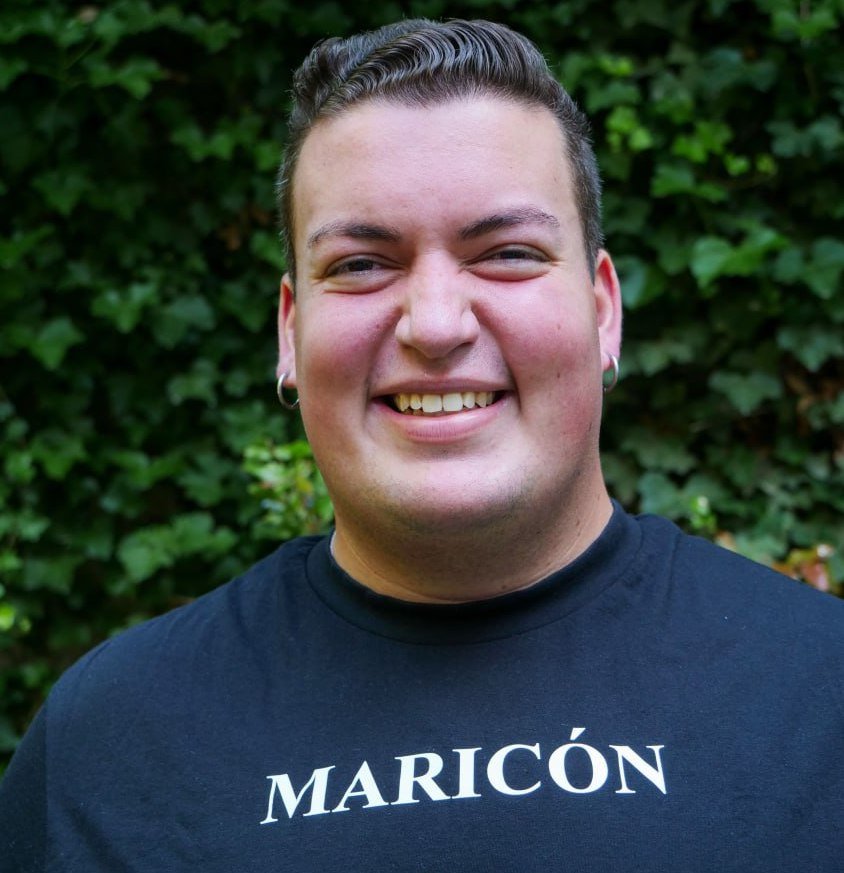Hard Work Isn’t Enough When the System Is Rigged Against You
Hello! My name is Antonio (they/them) and I wanted to write this article as an open letter and as a personal reflection on how our current economic system has affected my life.
I am from the north of the island of Tenerife, in the Canary Islands, an area characterised by a mix of the rural and the urban. I belong to a region that is known for its beauty, beaches, and nature. It makes sense that one of the main economic sectors of the islands would be tourism. During 2019, more than 15 million people visited the islands, a region inhabited by two million people. I will not talk about the sustainability of touristification or the exploitation of resources and land in order to cope with this demand. Yet considering that the expenditure per tourist in 2019 was €1157 (about €1332 in 2022), you might think that we are a rich and prosperous region. The reality, however, is completely different. 37.8% of the population of the Canaries was at risk of poverty and/or social exclusion in 2021 (approximately 760,000, just lower than the equivalent of the entire population of Tenerife).
But what about the wealth that is generated? Where is it distributed? If tourism is so strong and we generate so much profit, how can it be that we are still poor and that the public administration itself has so little capacity to improve the conditions of the people who live there?
The stain of colonialism has plagued the Canary Islands throughout history, from the genocide of the aboriginal population to the exploitation and enslavement of the population by large landowners. The subjugation of the public administration to large tourism companies and tour operators has been a general trend in the region during the last 70 years. Known cases include reimbursements to companies like Thomas Cook, beneficial conditions awarded to TUI, Jet2, Costa, Condor, or big airline companies like Easyjet, Lufthansa, Iberia, Transavia, etc.
This is where the need for fair distribution of wealth comes in.
TAX THE RICH!
One of the great mantras of neoliberalism is that companies are the ones that generate wealth in the states. In reality, it is the working people themselves who create it. Wealth that is not redistributed in an equitable way only helps to exacerbate a problem currently being experienced throughout Europe and around the world – the fact that the working people, despite creating wealth, are the ones living in poverty. Even if workers had a permanent job and ‘quality’ living conditions, for many it is not enough to pay for the basic needs of everyday life.
A higher taxation of wealth, both of the famous billionaires and of the multinational companies which generate record profits amid economic crises, would be the simplest and fairest solution. “From each according to his ability, to each according to his needs”, after all. But this is not only an exercise of political responsibility for a greater collection of fortune; there is also a need to restructure the welfare states to meet the basic needs of people who work, legally or illegally, in the underground or visible economy.
“But Antonio,” some might say, “they can stop being poor” or “they should have studied”. The reality is completely different from the illusions held by privileged people who have been able to develop a professional career without navigating the multiple crises that young people face today. In many developed countries, inheritances are a key factor in destabilising the social ladder and propagating inequalities, not to mention that the fiscal policies of recent years in developed countries have resulted in widened social inequality.
If the social ladder that has developed in welfare states has ground to a halt due to the political and economic structures of the last decades, how do we expect that all people have the same capabilities to access and develop a quality life? Social structures and constructs throughout history have oppressed us, and not always in the same place. How do I explain to people who have experienced homophobia, transphobia, misogyny, racism, ableism, xenophobia, etc. that they should continue to strive to be what they want to be, and that they too can be rich, when the social and ecological reality of the planet prevents us from being able to meet our basic needs.
How can a person who was a victim of gender violence in their childhood, non-binary, working class, from a rural and insular area, being overweight and with anxiety-depression, have opportunities to be able to develop their own capacities, to develop their life without the help of the welfare state or their family and friends? Well, I can’t even answer that question, and that person is me.
I started this article stating that it was an open letter because the proposal to improve our planet and society through the distribution of wealth is still a very difficult, but necessary political action to take. The ‘Tax the Rich’ campaign that we have developed in FYEG is necessary to be able to put pressure on government groups and those economic and soft power groups to make them see that these actions are a necessity.
That is why I will shout again and again:
TAX THE RICH!
[Read this piece and others in our Annual Edition 2023: Tax the Rich!]
Antonio G. González
Antonio (they/them) is a Canary Islands activist, focused on Social Rights, LGBTQ+, Feminism and Ecologism. They are a member of the Executive Committee of FYEG, and they were responsible for FYEG’s campaigns during their mandate 2022/2023. Academically, they are a sociologist and politologist, specialising in political analysis and political communication, with expertise in social rights, LGBTQ+ rights, feminism, and ecology.

